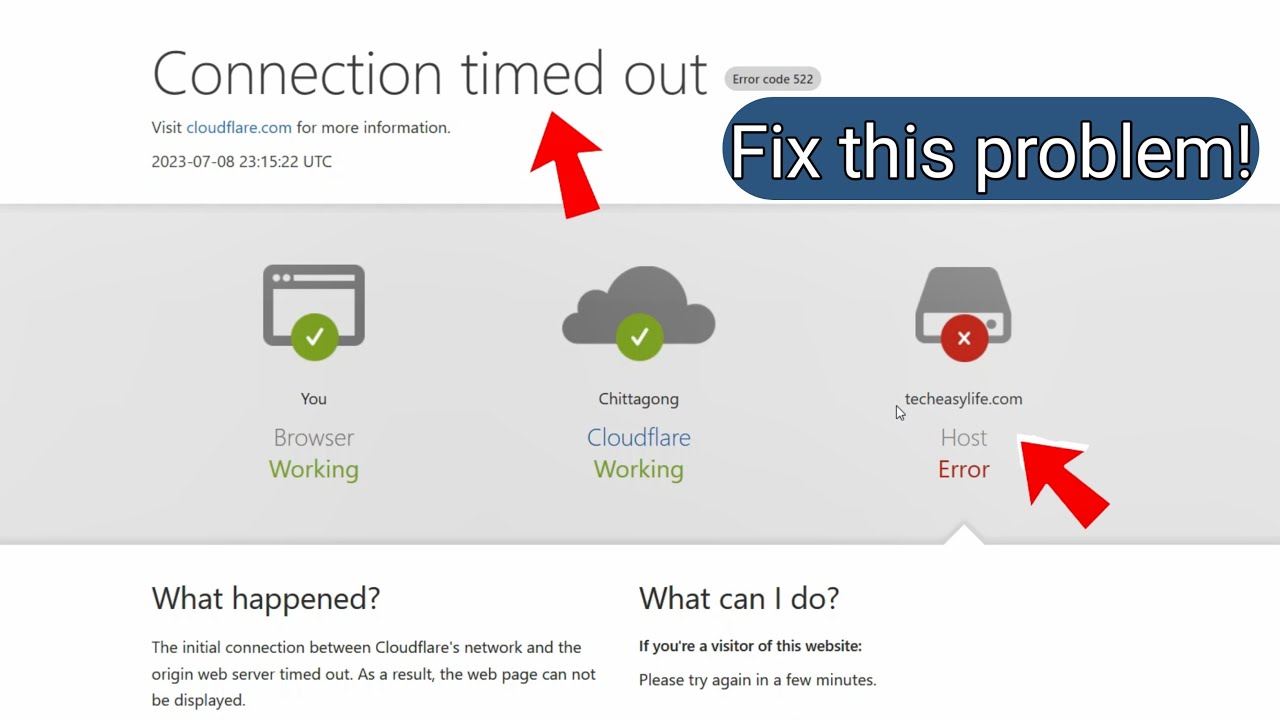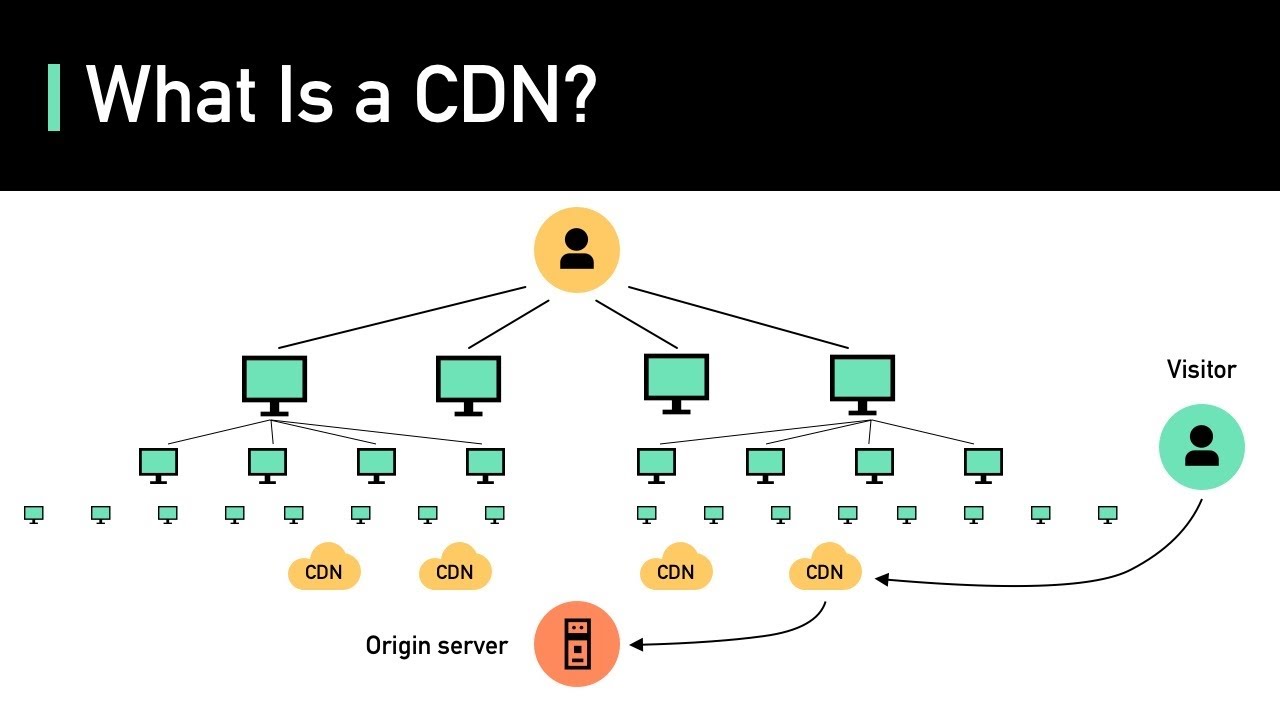A Brief Overview of VPS Hosting
VPS hosting stands for Virtual Private Server hosting. It is a type of hosting where a physical server is divided into multiple virtual servers, each functioning as an independent server environment. In VPS hosting, users have root access to their virtual servers, allowing them to have complete control over their hosting environment.
Linux VPS hosting, as the name suggests, utilizes the Linux operating system as the foundation for virtual servers. Linux is an open-source operating system known for its stability, security, and flexibility. By harnessing the power of Linux, VPS hosting providers offer users a robust and versatile hosting solution.
Introduction to Linux Operating System
Linux is a Unix-like operating system that was first released in 1991 by Linus Torvalds. Over the years, Linux has evolved into a mature and highly popular operating system, powering a wide range of devices, from smartphones to servers. One of the key advantages of Linux is its open-source nature, which allows developers to access and modify the source code according to their requirements.
Linux is known for its stability, security, and compatibility. It offers a vast array of software and tools, making it an ideal choice for hosting environments. Many popular web applications, such as WordPress, Drupal, and Magento, are optimized to run on Linux servers. Linux also supports various programming languages, databases, and server applications, providing users with a versatile platform to build and manage their online presence.
2. How Does Linux VPS Hosting Work?
Virtualization Technology
Linux VPS hosting relies on virtualization technology to partition a physical server into multiple virtual servers. The virtualization layer, known as a hypervisor, enables the creation and management of these virtual environments. Each virtual server operates independently, with its own dedicated resources and operating system.
The hypervisor ensures efficient resource allocation, enabling users to utilize the allocated CPU, RAM, and storage capacity of their virtual server without interference from other users. This isolation provides a high level of security and prevents one user from impacting the performance or stability of another user’s server.
Isolation and Security
Linux VPS hosting offers a secure hosting environment by providing isolation between virtual servers. Since each virtual server operates independently, any issues or vulnerabilities in one server do not affect others. This isolation significantly reduces the risk of unauthorized access or data breaches.
Additionally, Linux itself is known for its robust security features. The open-source nature of Linux allows security vulnerabilities to be quickly identified and patched by the community. Regular updates and security patches are released to ensure the operating system remains secure against evolving threats.
Resource Allocation
One of the key benefits of Linux VPS hosting is the ability to allocate dedicated resources to each virtual server. Resources such as CPU, RAM, storage, and bandwidth are divided among the virtual servers based on the hosting plan selected by the user. This allocation ensures that each user has guaranteed resources available, regardless of the activity of other users on the same physical server.
Linux VPS hosting providers typically offer different plans with varying resource allocations to cater to the diverse needs of users. Users can choose a plan that best matches their requirements and scale up or down as their needs evolve over time.
3. Advantages of Linux VPS Hosting
Cost-Effective Solution
Linux VPS hosting offers a cost-effective solution compared to dedicated server hosting. With Linux VPS hosting, users can enjoy the benefits of a dedicated server environment at a fraction of the cost. This makes it an attractive option for businesses and individuals looking to host their websites or applications without breaking the bank.
Scalability and Flexibility
Linux VPS hosting provides users with scalability and flexibility. As businesses grow and website traffic increases, users can easily upgrade their hosting plans to accommodate the growing demands. Most Linux VPS hosting providers offer seamless scalability options, allowing users to upgrade their resources with minimal downtime.
Flexibility is another advantage of Linux VPS hosting. Users have complete control over their virtual server and can customize the server environment according to their specific needs. They can install and configure software, choose the desired Linux distribution, and optimize server settings for optimal performance.
Enhanced Security
Security is a paramount concern for any website or application owner. Linux VPS hosting offers enhanced security features to protect user data and ensure server integrity. With the isolation provided by virtualization, the risk of unauthorized access or data breaches is significantly reduced. Additionally, Linux itself is known for its robust security features and frequent security updates.
Customization Options
Linux VPS hosting provides users with extensive customization options. Users can choose from a variety of Linux distributions, such as Ubuntu, CentOS, or Debian, depending on their preferences and requirements. Each distribution offers its own set of features and tools, allowing users to tailor their server environment to their specific needs.
Furthermore, users have root access to their virtual server, giving them complete control over the server’s configuration. They can install and configure any software or application that is compatible with the Linux operating system, enabling them to create a hosting environment that aligns with their requirements.
4. Choosing the Right Linux VPS Hosting Provider
Assessing Hosting Needs
When choosing a Linux VPS hosting provider, it is essential to assess your hosting needs. Consider factors such as the expected website traffic, resource requirements, and the type of applications or websites you plan to host. Understanding your hosting needs will help you select a provider that offers the appropriate resources and scalability options.
Evaluating Performance and Reliability
Performance and reliability are crucial factors to consider when selecting a Linux VPS hosting provider. Look for providers that utilize high-performance hardware and employ technologies like solid-state drives (SSDs) for faster data access. Additionally, consider the provider’s network infrastructure and uptime guarantees to ensure your website or application remains accessible to users.
Considering Customer Support
Customer support plays a vital role in the hosting experience. Choose a Linux VPS hosting provider that offers reliable and responsive customer support. Look for providers that offer 24/7 support through various channels, such as live chat, email, or phone. This ensures that you can receive assistance whenever you need it, minimizing any potential downtime or issues.
Comparing Pricing Plans
Pricing is an important consideration when choosing a Linux VPS hosting provider. Compare the pricing plans of different providers, taking into account the allocated resources, scalability options, and additional features included in each plan. It is also worth considering any discounts or promotions that providers may offer for long-term commitments.
5. Getting Started with Linux VPS Hosting
Setting Up a Linux VPS
To get started with Linux VPS hosting, you first need to choose a hosting provider and select a suitable plan that meets your requirements. Once you have signed up with a provider, they will guide you through the process of setting up your Linux VPS.
Typically, the provider will provide you with login credentials and access to a control panel or dashboard where you can manage your virtual server. From there, you can install the desired Linux distribution, configure server settings, and start building your hosting environment.
Managing the Server Environment
After setting up your Linux VPS, you can start managing the server environment according to your needs. This includes tasks such as installing and configuring web server software (e.g., Apache or Nginx), setting up domain names and DNS records, managing databases, and securing the server through firewall configurations and regular updates.
Installing and Configuring Applications
Once your Linux VPS is set up and the server environment is ready, you can start installing and configuring the applications or websites you wish to host. Linux VPS hosting supports a wide range of applications and web frameworks, such as WordPress, Joomla, Magento, and more. You can follow the specific installation and configuration instructions for each application to get them up and running on your Linux VPS.
6. Frequently Asked Questions (FAQs)
1. What are the main differences between Linux VPS hosting and shared hosting?
Shared hosting involves multiple users sharing the resources of a single server, while Linux VPS hosting provides dedicated resources to each user. With shared hosting, the performance and security of one user can impact others, whereas Linux VPS hosting offers better isolation and control.
2. Is Linux VPS hosting suitable for beginners?
Yes, Linux VPS hosting can be suitable for beginners, especially if they have basic knowledge of Linux and server management. Many hosting providers offer user-friendly control panels and management interfaces that simplify the process of managing a Linux VPS.
3. Can I upgrade my Linux VPS hosting plan as my needs grow?
Yes, most Linux VPS hosting providers offer flexible scalability options. You can easily upgrade your hosting plan to allocate more resources to your virtual server as your needs grow. This ensures that your hosting environment can accommodate increased traffic and resource demands.
4. Can I install any software on a Linux VPS?
Yes, with Linux VPS hosting, you have root access to your virtual server, allowing you to install and configure any software that is compatible with the Linux operating system. This flexibility enables you to customize your hosting environment according to your specific requirements.
5. How does Linux VPS hosting contribute to website security?
Linux VPS hosting enhances website security through isolation. Each virtual server operates independently, reducing the risk of unauthorized access or data breaches. Additionally, the Linux operating system itself is known for its robust security features and regular updates to address vulnerabilities.
6. Is Linux VPS hosting suitable for eCommerce websites?
Yes, Linux VPS hosting is well-suited for eCommerce websites. It offers the necessary resources, security, and flexibility to host online stores and handle the traffic and transactions associated with eCommerce operations. Additionally, Linux supports popular eCommerce platforms and tools, making it a preferred choice for hosting online stores.
Conclusion
Linux VPS hosting provides a powerful and cost-effective solution for individuals and businesses in need of reliable hosting services. With its flexibility, scalability, and enhanced security features, Linux VPS hosting offers users the benefits of a dedicated server environment without the high costs. By choosing the right Linux VPS hosting provider and leveraging the customization options available, users can create a robust hosting environment to support their online presence.







